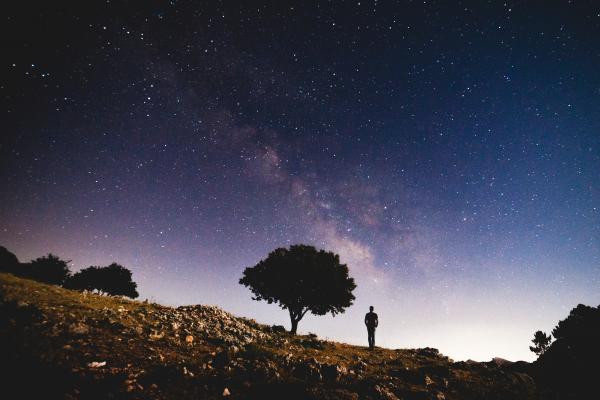Oct 9, 2018
As a civil rights activist from the civil rights movement of the ‘60s, I continue to believe that everyone has constitutional rights. Thousands of Americans are being denied their civil and human rights because insensitive or politically manipulated legislators are creating policies that are destroying the environment. When profits, rather than the well-being of human and environmental life, determine the survival of the planet, it is a civil rights issue.
Read the Full Article

Already a subscriber? Login
